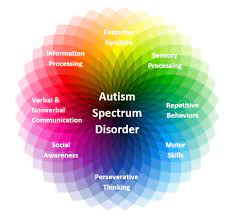A groundbreaking study from York University’s Faculty of Health has revealed a concerning connection between metabolic syndrome and high-risk human papillomavirus (HPV) strains, suggesting a significantly higher mortality risk for women diagnosed with both conditions.
Published in PLOS ONE, the research shows that women who suffer from both metabolic syndrome and high-risk HPV are 2.6 times more likely to face increased mortality compared to those without either condition. The study highlights a serious health concern, as it found that more than a quarter of women diagnosed with metabolic syndrome also tested positive for high-risk HPV.
HPV, a common sexually transmitted infection, is responsible for causing the majority of cervical cancer cases, which account for about 4.5% of global cancer incidences. While there are numerous strains of HPV, only a select few are linked to cervical cancer, making the study of high-risk strains particularly relevant in understanding the intersection of these health risks.
Metabolic syndrome, which includes factors like abdominal obesity, high blood sugar, and elevated blood pressure, is known to increase the risk of cardiovascular diseases, stroke, and type 2 diabetes. Those with metabolic syndrome are already at a heightened risk of mortality—about 25% higher than those without the syndrome. However, the precise physiological mechanisms linking metabolic syndrome with HPV infection and its impact on mortality remain unclear, underscoring the need for further research in this area.
With one in five Canadian adults affected by metabolic syndrome, the researchers stress the importance of adopting a healthy lifestyle, participating in regular cancer screenings, and receiving the HPV vaccine as preventive measures. These steps are critical in mitigating the adverse health outcomes linked to both conditions.
As the study sheds light on this concerning trend, it calls for heightened awareness and more proactive health management strategies to improve outcomes for women facing these combined risks.











